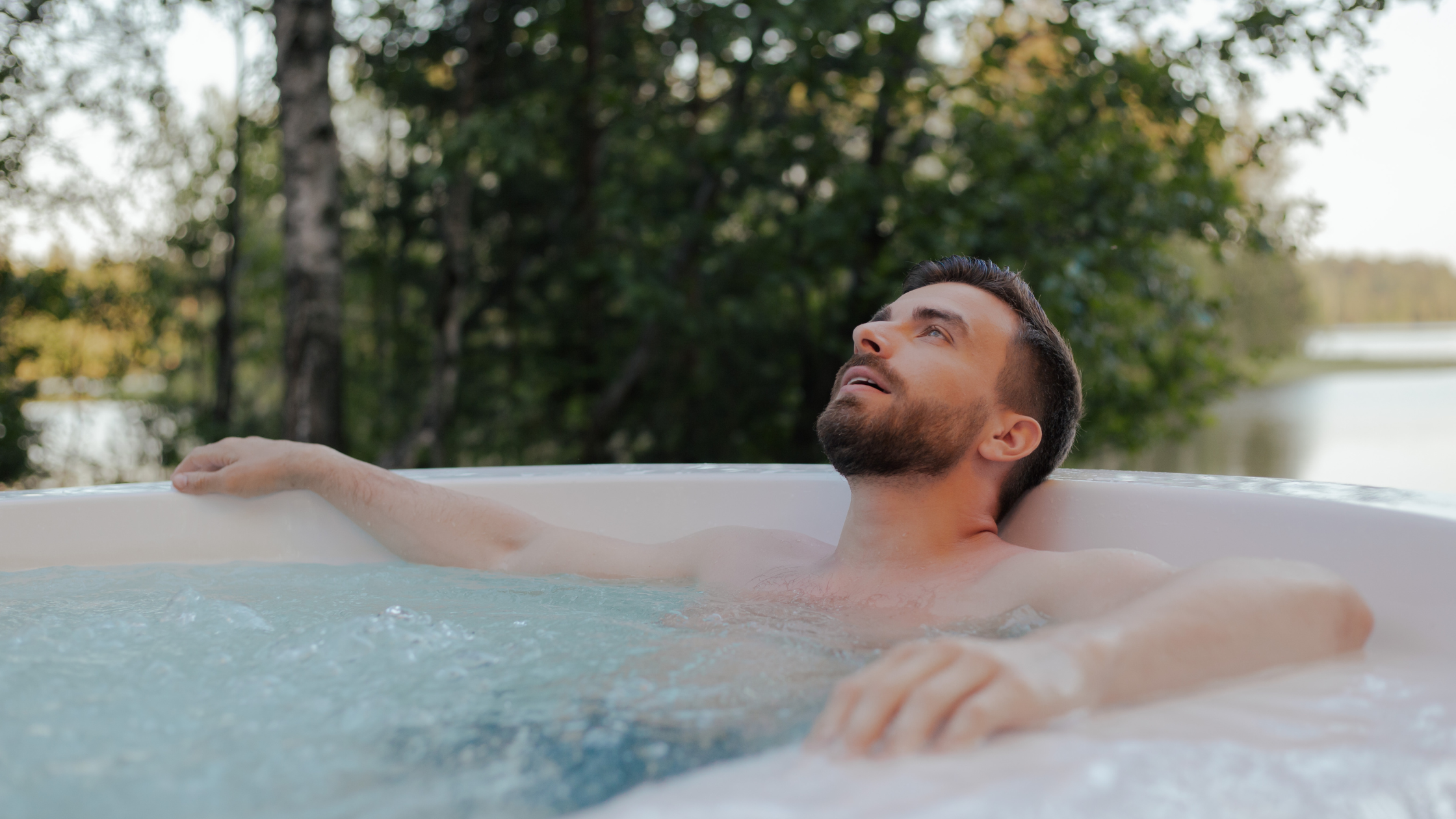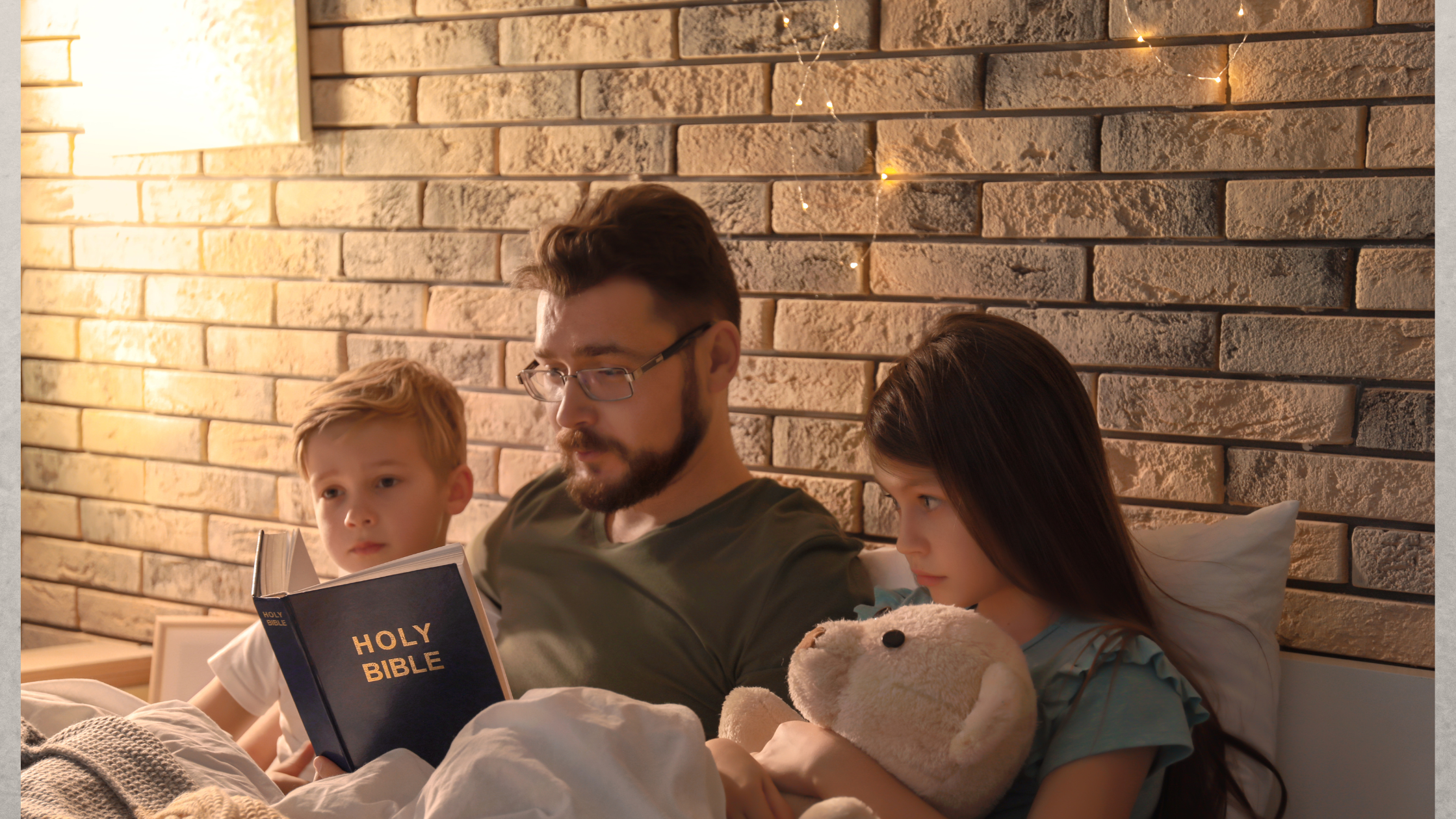As the calendar turns and a new year dawns, many of us are inspired to set resolutions aimed at enhancing our health, happiness, and overall well-being. While resolutions often focus on diet, exercise, or personal development, one area that deserves attention is sleep. Quality sleep is foundational to our health and vitality, yet it's often overlooked in our busy lives. In this blog post, we'll explore the importance of making New Year's sleep resolutions and provide practical tips for crafting resolutions that prioritize restful nights and rejuvenating sleep.
Crafting New Year's Sleep Resolutions for a Well-Rested 365 Days
Creating the perfect sleep environment is not just about finding the right mattress or setting the ideal room temperature; it also involves choosing the most comfortable sleepwear. The right sleep attire can enhance your overall sleep experience, promoting relaxation and ensuring a restful night. In this blog post, we'll explore the best sleepwear options that combine comfort, style, and functionality for a night of blissful sleep.
In our fast-paced world, finding moments to connect with our loved ones can be challenging. However, the time before bedtime offers a unique and valuable opportunity for families to come together, unwind, and strengthen their bonds. In this blog post, we'll explore the benefits of quality family time before bed and share some ideas to make the most of this precious part of the day.
The allure of a hot tub is undeniable — the warm, bubbling water, the soothing jets, and the promise of relaxation. However, despite its tempting ambiance, sleeping in a hot tub can pose significant risks to your health and well-being. In this blog post, we'll explore the potential dangers associated with sleeping in a hot tub and why it's crucial to prioritize safety over the transient comfort it may offer.
Exploring the Benefits of Traveling for Better Sleep
In our fast-paced world, where stress and hectic schedules often take precedence, prioritizing quality sleep can sometimes take a backseat. However, a growing trend known as sleep tourism is changing the way we think about rest and relaxation. From wellness retreats to destination spas, travelers are increasingly seeking out experiences designed to improve sleep quality and promote overall well-being. In this blog post, we'll delve into the world of sleep tourism, exploring its benefits, popular destinations, and how travelers can incorporate sleep-centric experiences into their next getaway.
Navigating the Challenges of Sleep in the Military
In the dynamic and demanding world of the military, where dedication and resilience are paramount, quality sleep becomes a crucial component of overall health and performance. However, the unique challenges and operational requirements of military life can sometimes make achieving restful sleep a formidable task. In this blog post, we'll explore the intricacies of sleep in the military, shed light on the challenges faced by service members, and discuss strategies to promote better sleep hygiene in this high-stakes environment.
Waking up with a dry throat can be an unpleasant and common occurrence, leaving many of us wondering about the underlying causes and how to alleviate this discomfort. In this blog post, we'll delve into the various reasons behind a parched morning throat and explore effective strategies to prevent it, ensuring you start your day feeling refreshed and hydrated.
Waking up early has long been associated with increased productivity, improved mental health, and a sense of accomplishment. However, for many of us, making the transition to an early riser can be a daunting task. Fear not, as this guide is here to help you embark on a journey of waking up with the sun. Let's explore practical tips and strategies to train yourself to wake up early and make the most of your mornings.
The Benefits of Reading Before Bed: Better Your Sleep and Well-being
In a world dominated by screens and constant connectivity, finding a way to unwind at the end of the day can be challenging. One timeless and effective method to promote relaxation and better sleep is reading before bed. This simple habit offers a multitude of benefits for your mental, emotional, and physical health. In this blog post, we’ll explore the numerous advantages of reading before bed and how it can enhance your overall well-being.
Understanding Sleep Coaches and When to Enlist Their Expertise
In the hustle and bustle of modern life, achieving a good night's sleep can sometimes feel like an elusive dream. As our understanding of the importance of sleep deepens, so does the demand for personalized guidance on improving sleep quality. Enter the sleep coach – a professional trained to help individuals overcome sleep challenges and achieve restorative, consistent sleep. In this blog post, we'll explore what a sleep coach is, what they do, and when it might be the right time for you to consider seeking their expertise.









